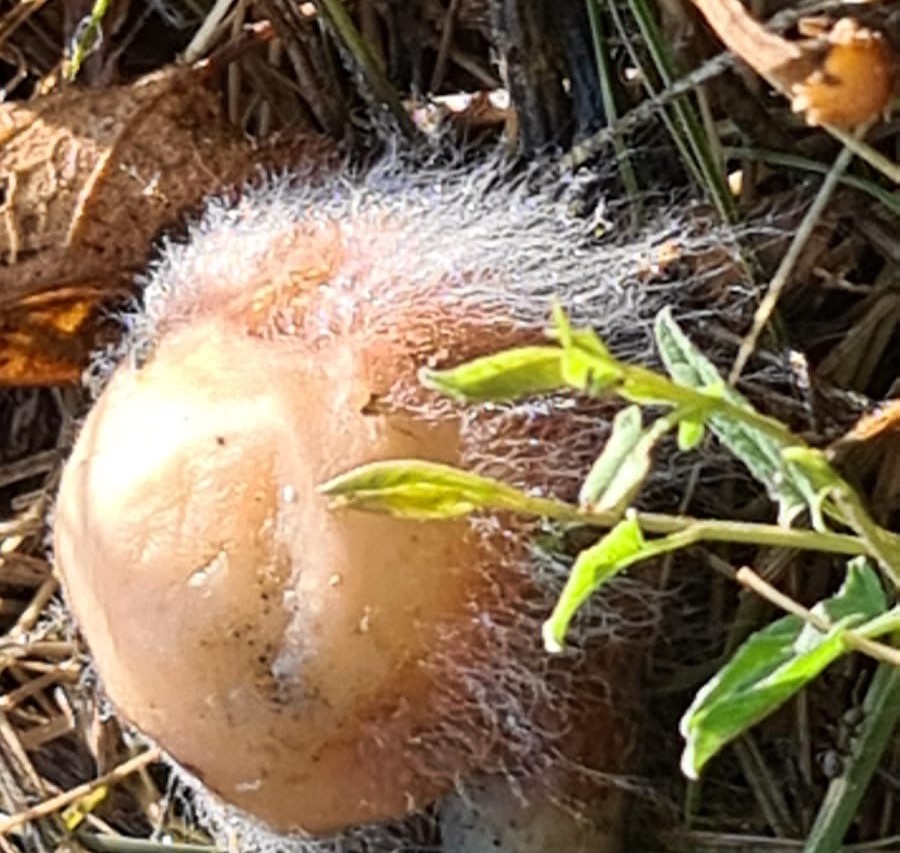Investing in Agriculture IoT: Enhancing Food Security through Smart Solutions
The Internet of Things (IoT) refers to a network of interconnected devices that communicate and exchange data over the Internet. These devices can range from sensors and cameras to larger machinery, all equipped with software and connectivity capabilities. In agriculture, IoT is crucial in optimizing various processes, increasing efficiency, and ultimately enhancing food security.

How is agriculture affected by climate change? Climate change significantly impacts agriculture through various mechanisms, including temperature fluctuations, changing precipitation patterns, and increased frequency of extreme weather events. Here are some key effects and relevant statistics:
- Temperature Changes: Global average temperatures have increased by about 1.1°C since the late 19th century. This rise can lead to heat stress in crops, reducing yields. For example, wheat yields may decline by 6% for every one °C increase in temperature.
- Precipitation Patterns: Altered rainfall patterns can result in droughts or flooding. For instance, due to climate variability, regions like sub-Saharan Africa may see a 50% reduction in crop yields by 2025.
- Extreme Weather Events: The frequency of extreme events, such as hurricanes and droughts, has increased. The World Bank projects that by 2030, climate change could push an additional 100 million people into extreme poverty, many of whom rely on agriculture for their livelihoods.
- Soil Degradation: Increased rainfall intensity can lead to soil erosion. It’s estimated that 24 billion tons of fertile soil are lost annually, which can significantly affect agricultural productivity.
- Pest and Disease Pressure: Warmer temperatures can expand the range of pests and diseases. Crop losses due to pests could rise by up to 40% in some regions by 2050.
- Food Security: According to the Food and Agriculture Organization (FAO), climate change could increase the number of people at risk of hunger by 30% by 2050, particularly in developing countries.
- Economic Impact: By 2050, the agricultural sector could lose about $5 trillion annually due to climate change, affecting livelihoods and food systems globally.
These statistics highlight the urgent need for adaptation strategies to mitigate the impacts of climate change on agriculture and ensure food security.
Core Roles of IoT in Agriculture
- Data Collection: IoT devices gather real-time data from the field, including soil moisture levels, temperature, humidity, and crop health. This data is vital for informed decision-making.
- Monitoring and Management: Sensors and drones allow farmers to monitor crop conditions and resource use efficiently. This helps in managing inputs like water and fertilizers more effectively.
- Automation: IoT enables the automation of various farming tasks, such as irrigation, pest control, and harvesting, reducing the labor burden and increasing productivity.
- Predictive Analytics: By analyzing data collected from various sources, farmers can predict crop yields, disease outbreaks, and the best times for planting and harvesting.
Efficient Digital IoT Systems for Smart Agriculture
- Precision Agriculture Tools: These include soil sensors, weather stations, and crop health monitors that provide detailed insights into farming conditions. Companies like John Deere and Trimble offer advanced precision farming solutions.
- Drone Technology: Drones equipped with cameras and sensors can monitor large farmland areas, providing aerial views of crop health and helping to identify issues that need addressing.
- Automated Irrigation Systems: Smart irrigation systems can adjust water usage based on real-time data from soil moisture sensors, minimizing waste and ensuring optimal crop growth.
- Farm Management Software: Platforms like AgriWebb and Cropio integrate various data streams, enabling farmers to plan, monitor, and analyze their operations efficiently.
“Do not wait for extraordinary circumstances to do good action; try to use ordinary situations.”
– Jean-Paul Richter
Benefits of IoT Implementation in Agriculture
- Increased Efficiency: IoT technologies streamline operations, allowing farmers to optimize resource use, reduce waste, and increase overall productivity.
- Enhanced Crop Yields: With better monitoring and management, farmers can make informed decisions that lead to healthier crops and higher yields.
- Cost Savings: By reducing input waste and automating processes, farmers can lower operational costs and make their businesses more sustainable.
- Improved Sustainability: IoT can lead to more sustainable farming practices, such as precision fertilization and targeted pest management, which reduce environmental impact.
- Better Decision-Making: Access to real-time data empowers farmers to make timely decisions, mitigating risks associated with climate variability and market fluctuations.
Food Security: By increasing agricultural productivity and efficiency, IoT technologies contribute significantly to food security, helping to meet the demands of a growing global population.


Investing in IoT technology for agriculture is not just a trend but a vital step towards ensuring food security in the face of global challenges. Farmers can enhance productivity, reduce costs, and promote sustainable practices by leveraging IoT’s capabilities. As the agricultural sector continues to evolve, embracing these smart solutions will be essential for feeding the world efficiently and sustainably.
CONTACT US to understand how this new norm affects you.


